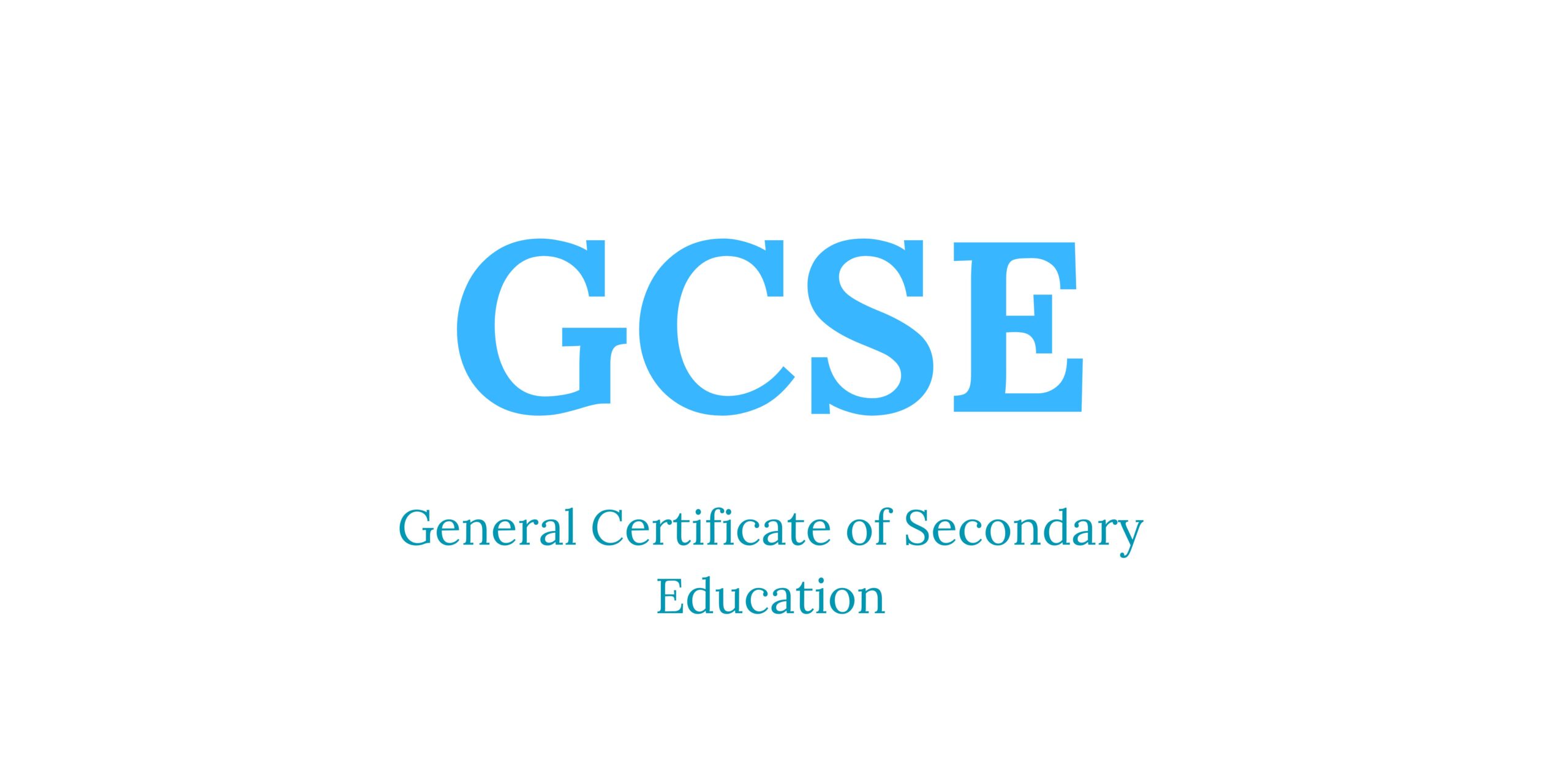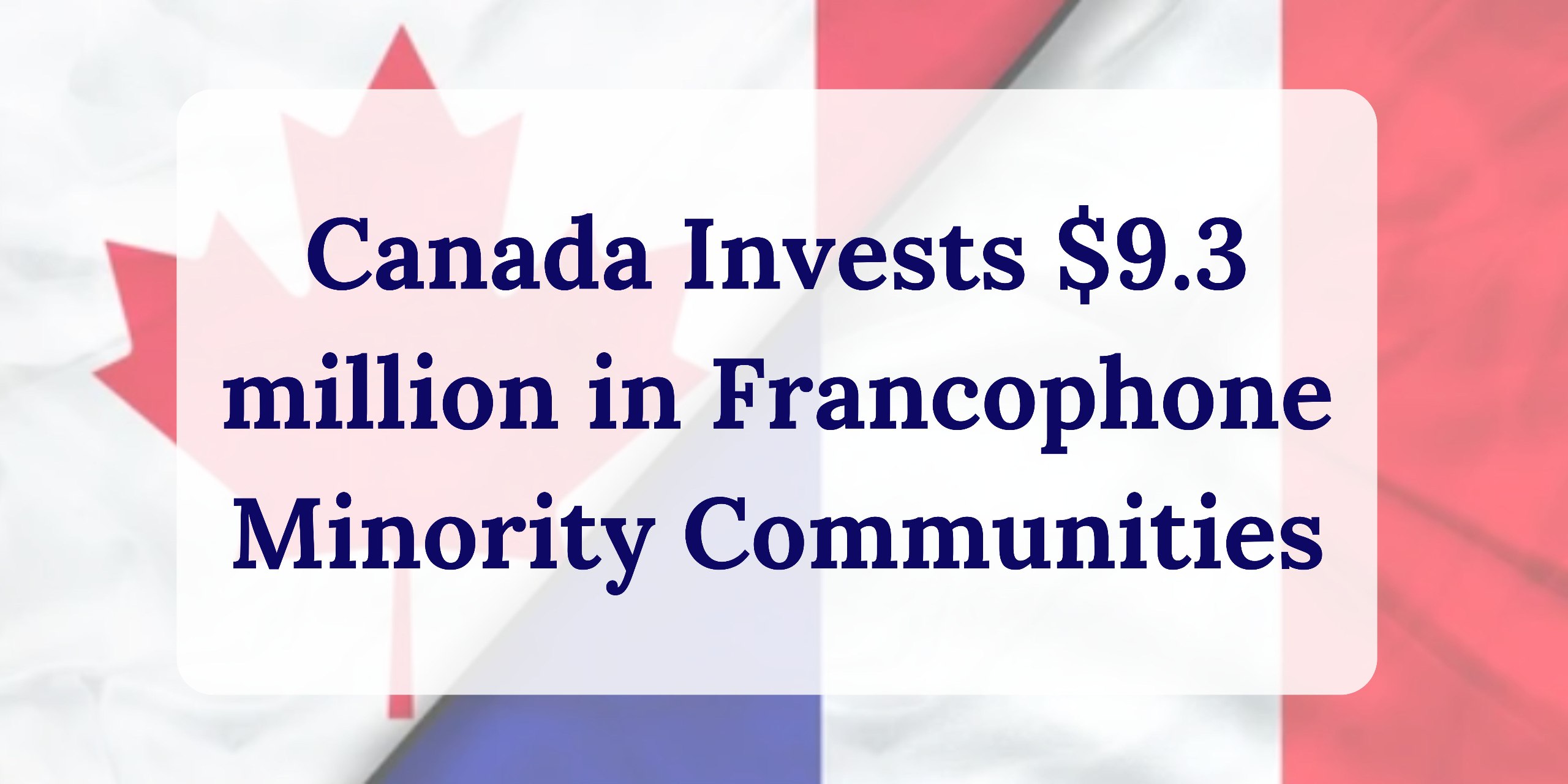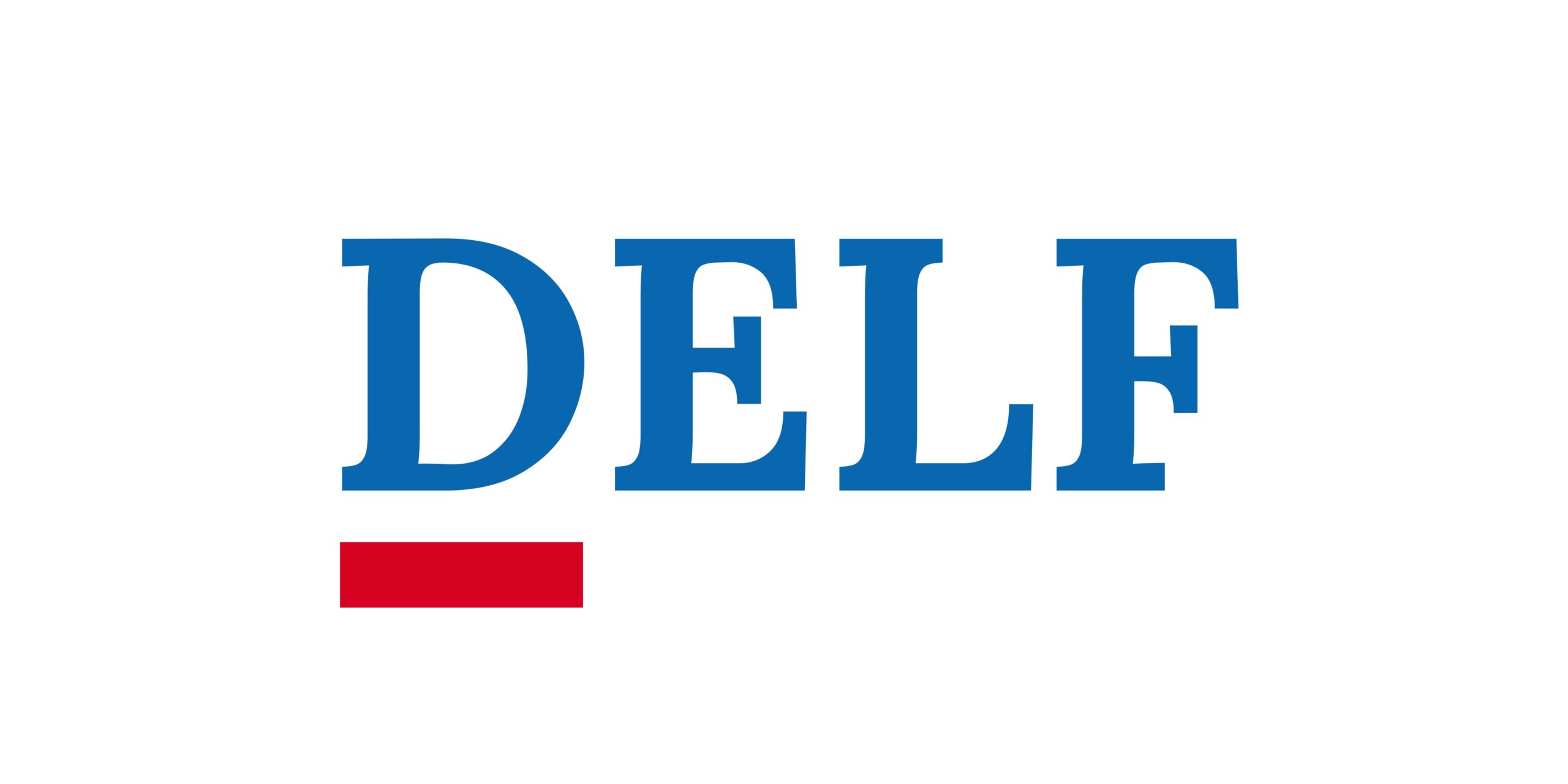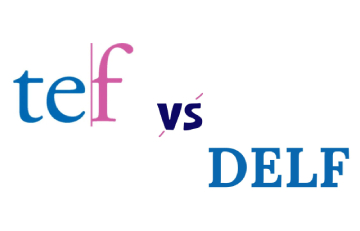
The General Certificate of Secondary Education (GCSE) is a widely recognized examination in the UK, typically taken by students at the age of 14-16 during Years 10 and 11 of secondary school. It serves as an academic qualification, covering various subjects, and examinations are traditionally held in the summer of Year 11. GCSEs are a standard assessment system in England, Wales, and Northern Ireland, while schools in Scotland administer Scottish GCSEs.
Components of the GCSE program
GCSEs include a wide range of subjects, over 30 options in total, and pupils usually choose 7-10 subjects to study.
At the heart of the GCSE curriculum lie the compulsory subjects:
- Mathematics: This subject encompasses a broad spectrum of mathematical concepts, including algebra, geometry, statistics, and calculus. Students engage in problem-solving, mathematical reasoning, and the practical application of these principles to real-world scenarios.
- English Literature: Through the exploration of literary texts, students develop critical analysis skills, deepen their understanding of various genres, and refine their appreciation for language and narrative.
- English Language: Focused on honing reading, writing, and communication skills, this subject equips students with the tools to express themselves effectively and engage with a range of textual materials.
In addition to the core subjects, students have the opportunity to tailor their academic journey by selecting elective courses. These encompass a diverse array of disciplines, catering to individual interests and aspirations:
- Art and Design: Encouraging creativity and visual communication, this subject involves practical work across various mediums and critical analysis of artistic expression.
- Design and Technology: Emphasizing design processes and problem-solving, this subject explores areas such as product design, engineering, and graphic design.
- Computing: Delving into computer science concepts and programming languages, this subject equips students with theoretical understanding and practical problem-solving skills.
- Sociology: Investigating social phenomena and institutions, this subject explores sociological theories and research methods, fostering critical analysis and interpretation.
- Economics: Explores economic principles, markets, and policies.
- Music and Theater: Developing musical skills and theatrical knowledge, these subjects encompass performance, composition, and theoretical understanding of dramatic techniques.
- Geography: Exploring physical and human geography, this subject involves fieldwork, data analysis, and understanding geographical processes.
- History: Studying historical events and civilizations, this subject entails analysis of primary sources and critical evaluation of historical interpretations.
- Citizenship Studies: teaches students about democracy, governance, human rights, law, and civic roles. It promotes critical thinking, social engagement and informed decision-making as active citizens.
- Religious Studies: Examining major world religions and ethical issues, this subject promotes critical thinking and analysis of religious perspectives.
- Modern Foreign Languages: Developing language proficiency and cultural understanding, these subjects cover vocabulary, grammar, and oral/written communication skills.
- Psychology: Introducing psychological theories and research methods, this subject involves experimental design and critical evaluation of psychological research.
The Department for Education advocates for a comprehensive educational experience through the English Baccalaureate (EBacc). This benchmark, achieved by excelling in a core set of subjects, including English language, English literature, mathematics, sciences, geography or history, and a modern or ancient foreign language, reflects a well-rounded academic achievement.
Whether you need help with math, science, languages, or any other subject, our tutors are ready to help you on your academic journey. Don’t miss your chance to succeed – take a discounted trial lesson today!
GCSE assessment
The assessment process begins with papers in core subjects such as math and English, which sets the stage for a comprehensive assessment. Students then sit examinations in a range of subjects, usually covering between 7 and 12 subjects.
These examinations unfold over a structured timeframe, usually spanning four weeks during the middle of the Summer Term of Year 11, encapsulating the culmination of years of study and preparation.
Assessment formats include a range of techniques designed to meet the requirements of each subject:
- Written Examinations: Subjects such as Mathematics, English, Science, History, Geography and Modern Foreign Languages are assessed predominantly through written examinations.
- Practical examinations: Science, Art and Design, Design and Technology, Music, Drama and Physical Education may include practical tasks or performances to demonstrate skills and knowledge.
- Oral examinations: Modern Foreign Languages, English and Drama often include oral examinations to assess speaking and listening ability.
- Coursework/Controlled Assessments: Subjects such as English, Geography, History, Design and Technology may require extended projects or research.
Assessments vary in length from 1 to 2.5 hours for written exams, while practical and oral assessments usually take a few hours or shorter, depending on the complexity of the task.
GCSE exams are held in schools or at dedicated external exam centers, and the assessment process is overseen by exam boards such as AQA, Edexcel, OCR and WJEC. Schools select exam boards on the basis of curriculum compatibility and suitability, ensuring consistency with curriculum objectives.
Grades are awarded on a scale of 9 to 1, replacing the traditional A* to G system, with 9 being the highest grade. A grade of 5 or above is considered a pass, reflecting a shift towards greater differentiation and international alignment. Results are typically published in August, disseminated to schools before public release, and managed by organizations like the Joint Council for Qualifications (JCQ).
Upon completion, students receive a GCSE certificate, unlocking pathways to vocational courses, academic programs such as A-Levels, IB Diploma Programme, or apprenticeships. For those pursuing higher education, achieving high grades is pivotal for admission to prestigious universities and programs.
In essence, GCSE assessment serves as a pivotal milestone in students’ academic journeys, fostering growth, and opening doors to a myriad of opportunities.












